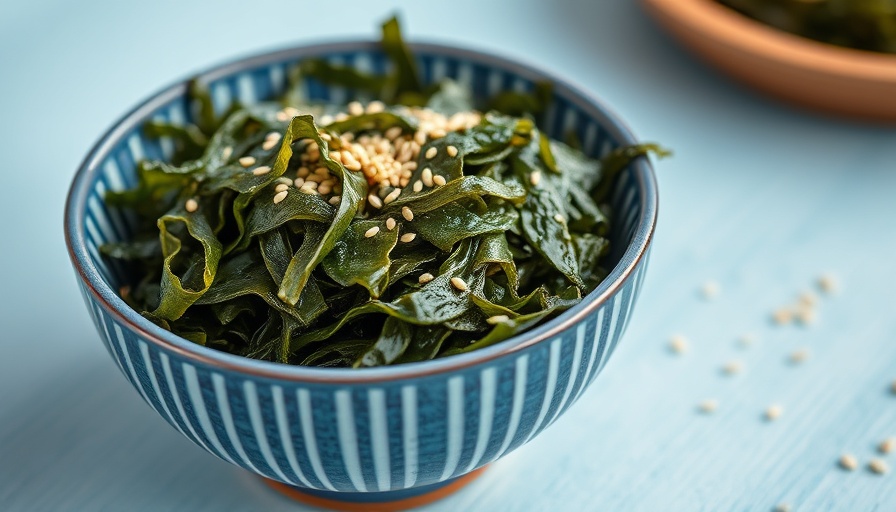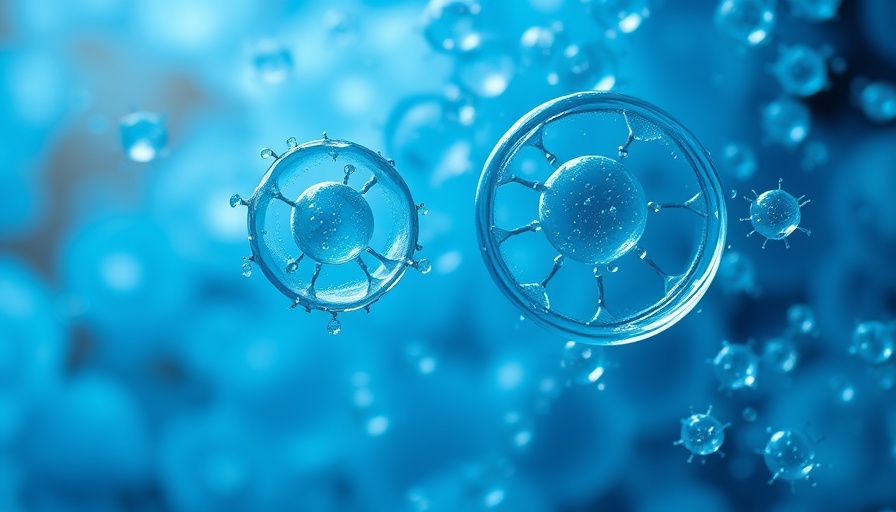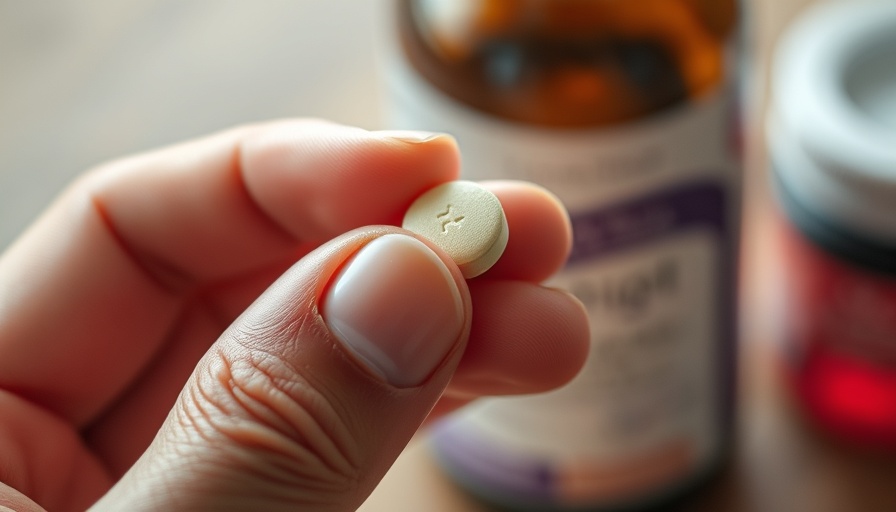
Understanding the Importance of Iodine for Our Health
Iodine is a vital nutrient that our body needs, and it plays a crucial role in thyroid function, which regulates metabolism and overall health. Many people may not realize that the best sources of iodine come from the ocean, particularly sea vegetables like nori, dulse, and arame. These types of seaweed can provide significantly more than the required daily intake of iodine, sometimes offering up to 2,000% of our daily dose in just one gram.
Why are Dairy Products Not the Best Source of Iodine?
While dairy milk contributes to iodine intake in many American diets, it mainly gains this iodine from disinfectants used during the milking process rather than naturally occurring iodine. This reliance on external iodine sources can lead to inconsistencies in iodine levels in milk. Additionally, plant-based milks often lack adequate iodine levels, which raises concerns for those who follow vegan or lactose-free diets.
Can Sea Vegetables Benefit Your Diet?
Including sea vegetables in your diet can be a smart choice for ensuring you meet your iodine needs. They are not only rich in iodine but also provide other essential nutrients. However, it's essential to be cautious about the type of seaweed consumed; some varieties, particularly kelp, can have excessively high iodine levels, leading to potential health issues such as hyperthyroidism. Intermittent consumption of these sea vegetables can help maintain iodine sufficiency without the risk of overdose.
Common Myths About Iodine and Thyroid Health
It's a common misconception that soy products harm thyroid function. Although studies suggest soy may affect thyroid medications, those with normal thyroid function should not experience negative effects from soy foods. Ensuring that iodine levels are sufficient is still crucial, especially for those who include soy in their diets.
How to Ensure Adequate Iodine Intake
To optimize iodine intake, it's important to include iodized salt in your cooking, as only 53% of table salt currently contains iodine. If you are striving for a low-sodium diet, consider integrating sea vegetables into meals instead. Remember to enjoy these foods occasionally to reap their benefits without overdoing iodine intake.
Not only is iodine essential for proper health, but the dietary choices we make about getting it can significantly influence our well-being. Understanding where our nutrients come from helps us make better lifestyle choices.
 Add Row
Add Row  Add
Add 




Write A Comment